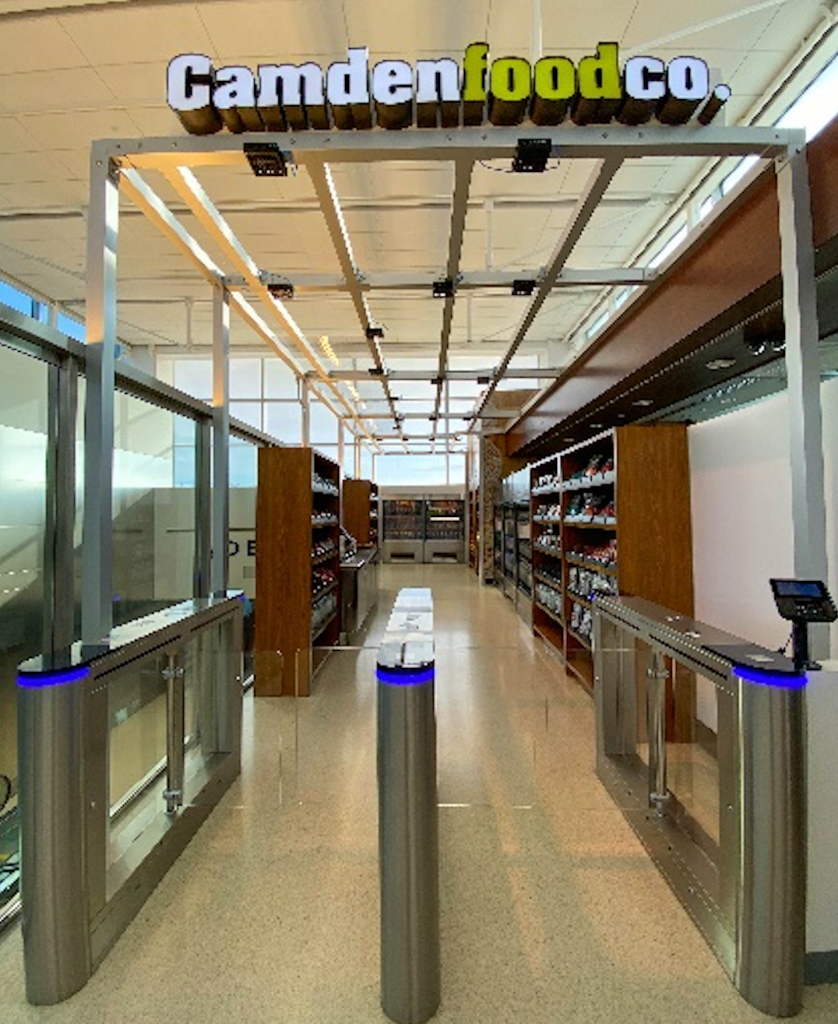Today Marc Lore, the ex-CEO of Walmart.com and founder of Jet.com, formally announced the launch of Wonder, a ghost kitchen-driven delivery brand powered by high-profile chef recipes and cook-en-route delivery vans. The company currently is delivering food to four cities in Union County in northern New Jersey and has plans to expand to New York and beyond in 2022.
Wonder has reportedly raised an eye-popping amount of money for a company that only formally announced itself today. According to reports, the company has already raised over $500 million in capital, which likely means a valuation in the multi-billion dollar range. The impressive raise is due to Lore’s track record of building highly successful and disruptive e-commerce businesses. Lore’s Jet.com effectively became the core engine of Walmart’s e-commerce efforts once the retail giant bought the company for $3.3 billion in 2016.
The company has partnered with several high-profile chefs to develop recipes and lend their names to virtual restaurants that Wonder will turnkey. Seventeen restaurants and chefs have partnered with Wonder, including Bobby Flay, Nancy Silverton, Daisuke Nakazawa, and Marcus Samuelsson.
The company was founded in 2018 by Lore and was initially run by his brother Chad. However, in 2019, former Diapers.com exec Scott Hilton took over in 2019, and now, Lore – who had mainly been acting in an advisory capacity – is stepping as the company’s CEO.
According to a detailed report in Yahoo News, Wonder will utilize a licensing model that pays a one-time fee to chefs and will then operate out of a 40 thousand square food commissary kitchen where meals are assembled. Each chef’s restaurant brand is assigned its own delivery van, which is operated by a dedicated employee who responds to orders in the app. Once an order comes through, the runner begins preparing the meal in the Mercedes runner van custom-equipped with special oven. Meals are expected to arrive at the customer’s door within 30-40 minutes.
In some ways, the Wonder business is reminiscent of Zume, a one-time restaurant tech darling that also used a centralized production facility and cooked the food (pizzas in the case of Zume) en-route to the customer in a delivery truck. However, unlike Zume, Wonder’s oven-equipped vans take the food all the way to the customer’s door (Zume used a two-stage delivery network where scooters would deliver the pizza to the customer). Another major difference between the two is much of Zume’s focus was on building a robotic pizza-making machine, while Wonder utilizes in-house chefs to prepare their meals.
Lore’s vision of highly-centralized food production combined with a logistics network to reach the end customer is an evolutionary step forward from Zume and others, combining many of the various advancements we’ve seen in e-commerce, food delivery and ghost kitchen/virtual restaurant models over the past few years. While other regions like China have been developing highly-centralized food production and delivery models over the past decade, the US is beginning to play catch up via interesting new models built upon high-tech advances and an accelerated appetite for food delivery over the past couple of years.
While it’s too soon to say whether Lore’s new company will be as successful as his past, it looks like he has the capital, culinary partnerships and logistics know-how to give it a good run.
























